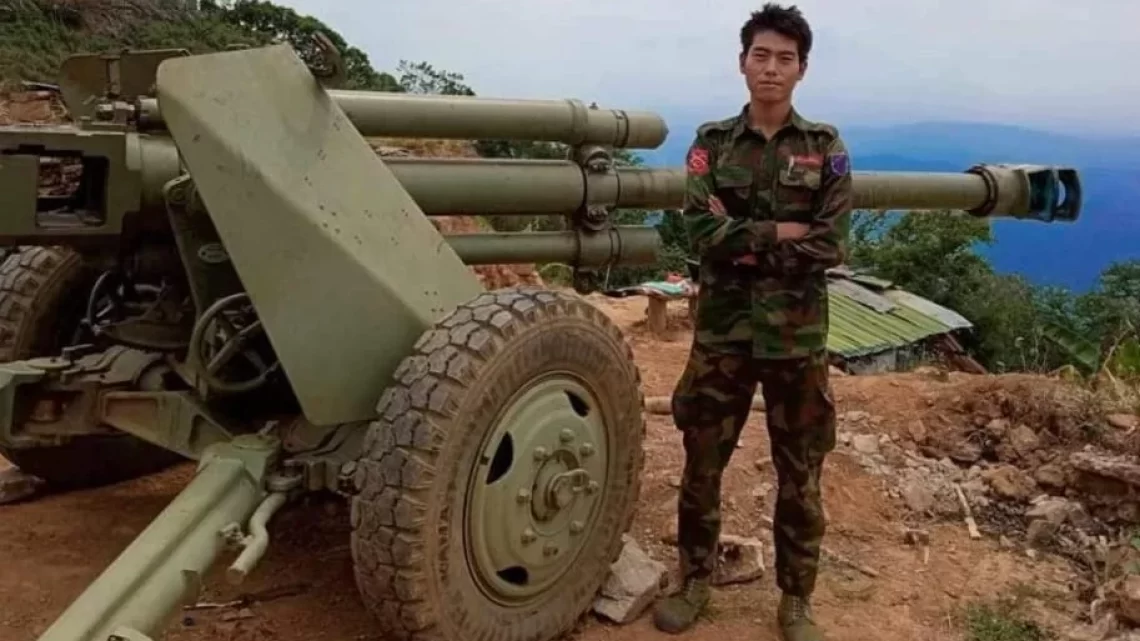
Indian Forces Employing Myanmar Militants in Manipur Ethnic Violence: NSCN
May 24, 2024The National Socialist Council of Nagaland (Isak-Muivah) [NSCN (IM)] has asserted that the Indian government is orchestrating a proxy war against the Naga army. According to a statement released by the NSCN (IM) on Thursday, Indian forces, including the Assam Rifles and para-regiments, are purportedly collaborating with the Kuki National Army (Burma) [KNA (B)] and the Myanmar-based People’s Defence Force (PDF) to create a “war-like scenario” in the border areas between India and Myanmar.
The NSCN (IM) expressed concerns over this unprecedented military activity, highlighting that despite the region’s susceptibility to infiltration by various militant groups, such intense conflict has not been seen in recent history. The group accused the KNA (B) of denying their involvement and attempting to mislead the public about their association with the Indian forces. However, the NSCN (IM) insists that ground realities contradict these denials, pointing to the unrestrained access granted to KNA (B) at the border crossing points to Myanmar, which is not extended to other groups.
In their statement, the NSCN (IM) clarified that they have abstained from participating in the conflict between the Meiteis and Kuki-Zo in Manipur. They emphasized their commitment to ongoing negotiations with the Government of India (GoI) to resolve the Naga political issue through peaceful dialogue. The group condemned the National Investigation Agency (NIA) for making “bewildering allegations” that the NSCN (IM) was exacerbating the Meitei-Kuki-Zo ethnic conflict by supporting Meitei revolutionary groups against Kuki militants.
The NSCN (IM) recalled a statement by Indian Home Minister Amit Shah, who attributed the ethnic violence in Manipur to illegal immigrants from Myanmar. Shah had advocated for the termination of the Free Movement Regime (FMR) and the construction of a fence along the Indo-Myanmar border to control illegal immigration.
Moreover, the NSCN (IM) claimed there is a strong nexus between the Indian forces, KNA (B), and PDF, with Indian security forces allegedly providing the necessary resources for these groups. This alliance, according to the NSCN (IM), is part of a larger strategy by the Indian government to wage a proxy war against the Naga army, complicating the already delicate peace and security situation in the region.
To summarize, the NSCN (IM) has accused the Indian government of colluding with Kuki militant groups to create a hostile environment in the India-Myanmar border areas. They argue that these actions are in direct contradiction to official policies aimed at managing illegal immigration and maintaining peace. The NSCN (IM) continues to advocate for a negotiated political solution to the Naga issue while condemning what they see as the unjust and provocative actions of the Indian security forces.

